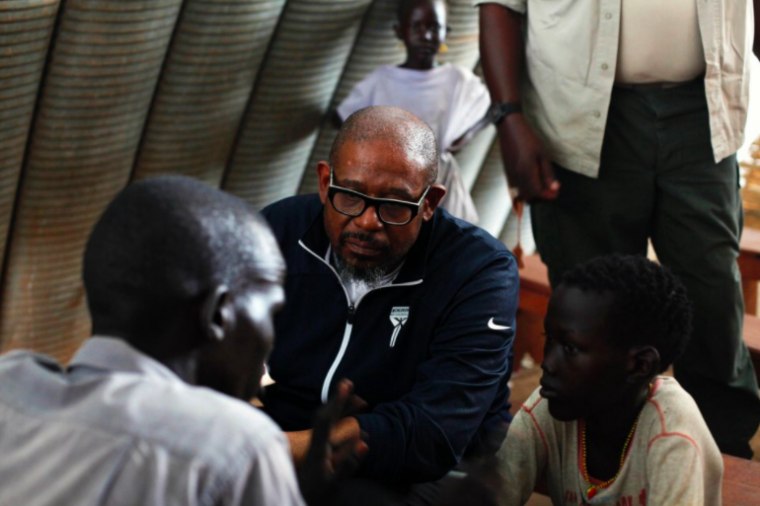Forest Whitaker reveals what he learned after playing Desmond Tutu in 'The Forgiven'

Forest Whitaker learned something new about forgiveness after he starred as Archbishop Desmond Tutu in the film, "The Forgiven."
"The Forgiven" is an adaptation of Michael Ashton's play called "The Archbishop and The Antichrist". It will follow the story of Tutu and his work as President of the Truth and Reconciliation Commission in post-apartheid South Africa, as well as his distaste and prejudice against the brutal murderer, Piet Blomfeld (Eric Bana).
"They meet in the cell and we start to explore whether this man can be redeemed and whether Desmond Tutu is capable of being able to forgive some of the most heinous disgusting acts," Whitaker shared with NBC's "Today."
The two men hold different beliefs, and it seems unlikely for Tutu to come around to forgiving a murderer. But the power of God's love is amazing.
Whitaker said he talked to Tutu on several occasions just to ask advice about the importance of love and forgiveness. "I think we learn that it is possible for anyone to be redeemed," he shared. "It's possible for us to go to the core of somebody and understand our connection between them. And we have to understand too, unless we do forgive, we hold something inside of [ourself] that allows it to take power over us."
Faith and religion are two things close to Whitaker's heart. The Oscar-winning actor grew up in church, since his grandfather was a preacher for 50 years. Everybody from his family is either a teacher or preacher, but Whitaker showed some resistance to faith at first.
"The one thing that my mom did that I consider is really a great gift is that when I was a little kid [and we had to go to church] I would say, 'I don't want to get up. Why do I have to believe what you believe?' My mom in her great wisdom said to me, 'You don't have to believe in what I believe, but you have to believe in something. So get up!'" he told Risen Magazine. "She was right in that way. So in that respect my mind is open to understanding the connections between all traditions and people trying to become better individuals and more divine. It has carried that way through me all my life."











